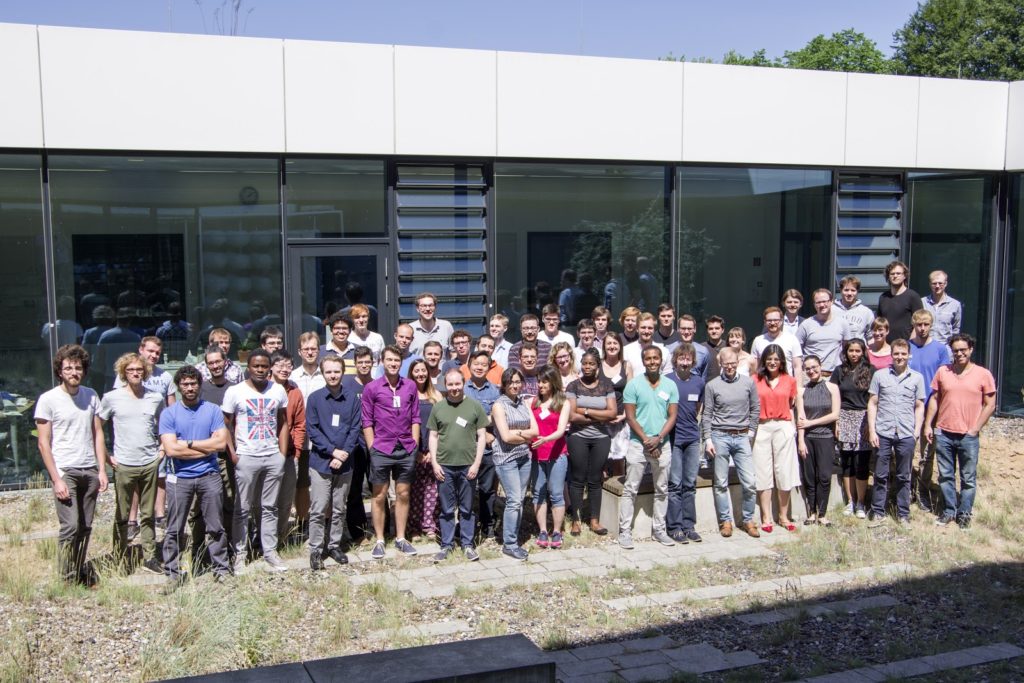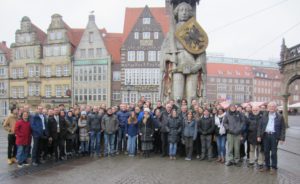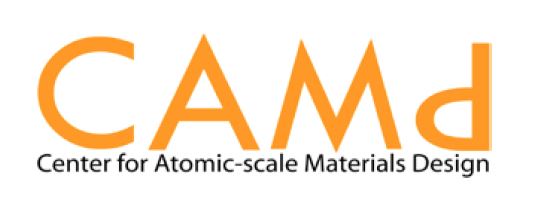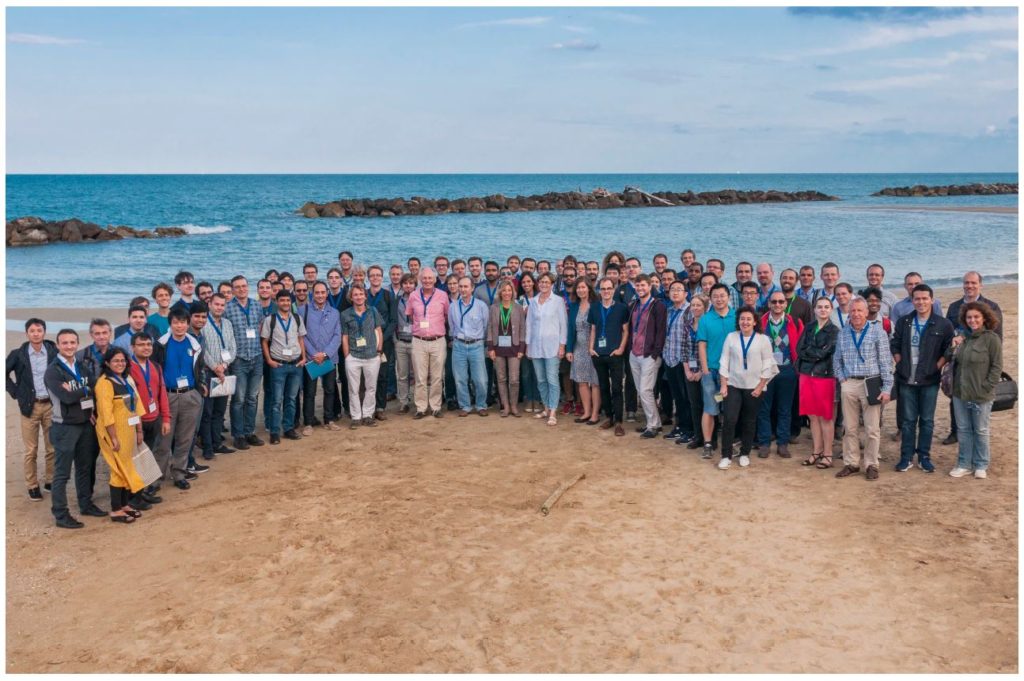In 2018, the ETSF Young Researchers’ Meeting took place in Hamburg, Germany. The hottest summer in the history of Hamburg, the well prepared Center for Free Electron Laser Science (CFEL) and more than sixty motivated researcher built the perfect frame
for a stimulating week full of science.
The Young Researchers’ Meeting (YRM) of the European Theoretical Spectroscopy Facility (ETSF) is an annual conference organized and attended exclusively by researchers without permanent position that work on state-of-the-art theoretical and computational methods for the study of electronic and optical properties of materials.
YRM is the place to present your work in progress, come up with new ideas and learn about others’ work in a friendly and open atmosphere. Master students, PhD students as well as young post-docs from all over Europe came together and discussed latest
advances in their fields. This year, talks at the YRM were 20 minutes, including 5 minutes of discussion. This gave everyone enough time to communicate his or her findings and receive feedback from other participants.






